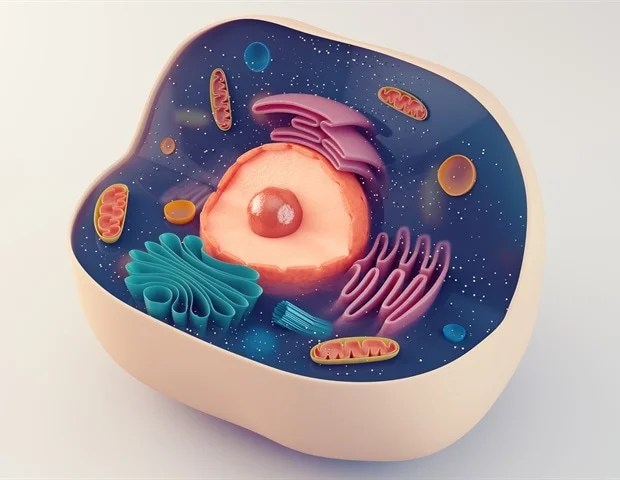
Atlantic Health System is treating patients in a new Phase 2 clinical trial of CAR T-cell therapy at Morristown Medical Center. A select number of sites across the U.S. are involved in this study, which is done on an outpatient basis. The study is sponsored by Juno Therapeutics, Inc.
The study's principal investigator, Mohamad Cherry, MD, medical director of hematology for Atlantic Health System Cancer Care, is a nationally known expert at treating and researching blood-related cancers such as lymphoma, leukemia and myeloma. Dr. Cherry is triple board-certified in internal medicine, hematology and medical oncology.
A type of immunotherapy for lymphoma known as CAR T-cell therapy has generated a great deal of excitement within the medical community, because it involves using a patient's own immune cells to attack their cancer. Two types of CAR T therapy are FDA-approved (tisagenleleucel, or Kymriah and axicabtagene ciloleucel, or Yescarta) for certain types of advanced or recurrent lymphoma. Other CAR T-cell therapies for non-Hodgkin's lymphoma, including the one we are testing, are now in clinical trials.
We are excited to achieve this milestone - offering lymphoma patients CAR T therapy at Morristown Medical Center's new Breakthrough Treatment Center. So far, patients with aggressive B cell lymphomas receiving approved CAR T therapies respond to the treatment almost 80% of the time."
Mohamad Cherry, MD, medical director of hematology for Atlantic Health System Cancer Care
In CAR (chimeric antigen receptor) T-cell therapy, immune cells known as T cells are removed from the patient's blood and altered in the lab to have specific receptors (chimeric antigen receptors) on their surface. These receptors can attach to proteins on the surface of lymphoma cells. The T cells are then multiplied in the lab and infused back into the patient's blood, where they seek out the lymphoma cells and launch a precise immune attack against them. Both the currently approved lymphoma CAR T-cell treatment and treatments in clinical trials do not require that the patient be hospitalized while receiving treatment. CAR T-cell therapies are designed for patients whose lymphoma has relapsed.
The current clinical trial is an open-label (all patients receive the study medication), multicenter, Phase 2 study in an outpatient setting. The purpose of the study is to determine the safety, pharmacokinetics (the way drugs move inside the body), and efficacy of a CAR T therapy in patients who have relapsed from, or whose disease is resistant to (refractory), two lines of immunochemotherapy for aggressive B-cell non-Hodgkin's lymphoma. Study participants will be followed for up to 2 years.
"We have made great progress in treating non-Hodgkin's lymphoma over the last several years and survival rates have increased, while there are also a number of promising therapies and treatment approaches now in clinical trials," Dr. Cherry said. "Among the treatments available to patients are targeted therapy, chemotherapy, radiation therapy, stem cell transplantation, immunotherapy and, very rarely, surgery."
He added, "While newer types of therapy have revolutionized cancer treatment, most non-Hodgkin's lymphoma patients receive chemotherapy, often as a combination of chemo drugs or in combination with immunotherapy, targeted therapy or radiation therapy," said Dr. Cherry. "Some of these combinations are now being further studied in clinical trials, to determine the most effective combinations and doses, with the fewest side effects."
To learn more about this clinical trial and other clinical trials available at Atlantic Health System, visit www.atlantichealth.org/research.
Atlantic Health System






No comments
Post a Comment